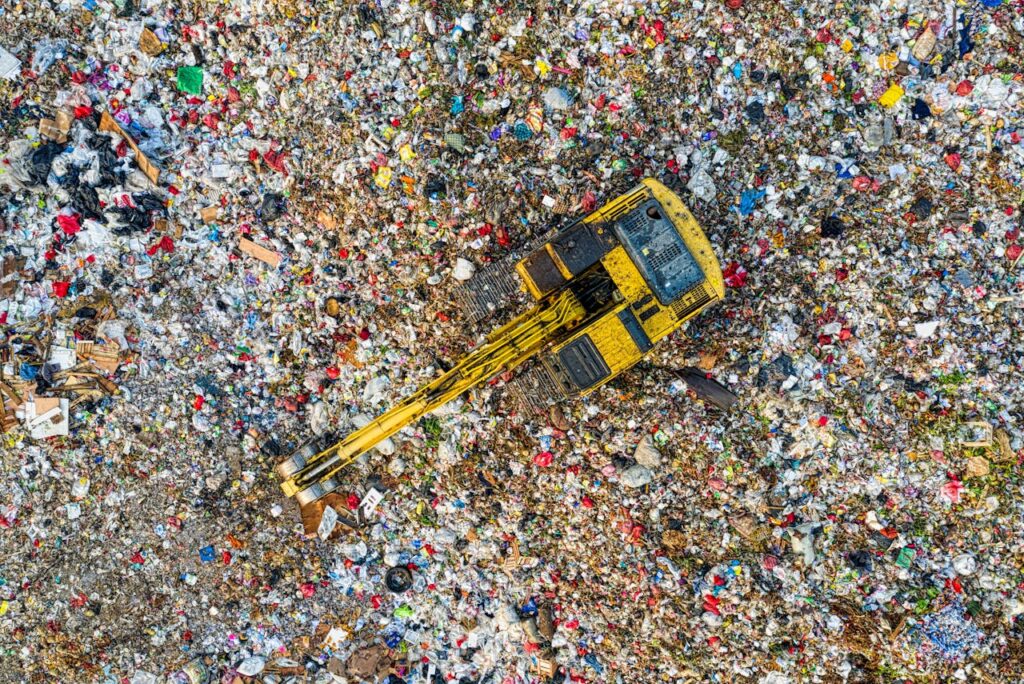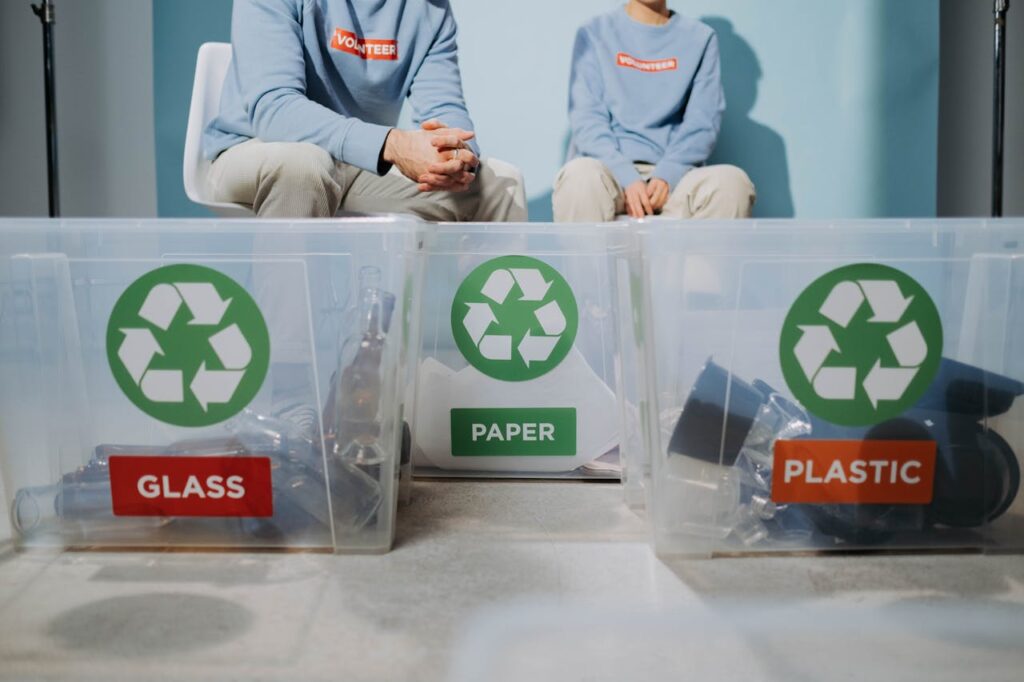More than just a corporate duty, efficient waste management is an essential component of contemporary corporate operations that has a direct bearing on sustainability, efficiency, and compliance. Waste is produced by businesses in a variety of industries, ranging from hazardous chemicals and e-waste to packaging materials and food scraps. However, there are many advantages to implementing a streamlined waste management process, including cost savings, enhanced brand recognition, and alignment with changing consumer demands for environmentally friendly practices. This post will offer tactics to assist companies in streamlining their waste management procedures, lessening their environmental effect, and cultivating a sustainable culture that promotes long-term success.
Understanding the Importance of Waste Audits
Performing a thorough waste audit is the first step in improving your waste management procedure. This entails methodically examining the kinds, amounts, and origins of waste produced by your company. A waste audit offers vital information about inefficiencies, such as inappropriate disposal of recyclables or excessive waste production by particular departments. For example, you may discover that a sizable amount of your waste stream is made up of non-biodegradable or single-use plastics, which indicates that you need to look into other options. Waste audits not only pinpoint trouble spots but also reveal ways to reduce expenses and increase productivity, like combining waste streams or implementing better disposal techniques.
Implementing the 3 Rs: Reduce, Reuse, Recycle
A tried-and-true method for better waste management is the “Reduce, Reuse, Recycle” framework. Businesses must assess their operational and procurement procedures to complete the first step, which is waste reduction. Do you buy materials that come in a lot of packaging? Is it possible to streamline your processes to reduce byproducts or offcuts? You can limit what initially enters your waste stream by cutting waste at its source. Reusing things prolongs their lifespan and avoids needless disposal, such as when office furniture is renovated, shipping containers are repurposed, or excess inventory is donated. To ensure that valuable materials like paper, plastic, and metals are kept out of landfills and reintegrated into production cycles, recycling—the last of the three Rs—is a crucial practice.
Partnering with Professional Waste Management Services

It can be difficult to manage waste internally, particularly for companies that produce a lot of waste or handle specialized waste. By collaborating with professional waste management services, you can gain access to knowledge, materials, and equipment that can greatly enhance your operations. Regular waste collection, recycling initiatives, and the secure disposal of hazardous materials such as chemicals or electronic waste are just a few of the customized solutions that these businesses provide. In addition to that, you can also talk to reliable geotechnical consultants and find out various ways to get these professionals involved in your case as well. For instance, if you manage a restaurant or offer specific recycling options for construction waste on a job site, a professional service might assist you in putting in place a food waste composting program. Many waste management companies offer data-driven insights through frequent reporting in addition to operational support.
Leveraging Technology for Smarter Waste Management
Technology plays a vital role in modern waste management practices. Smart bins equipped with sensors can monitor waste levels in real-time, allowing for efficient collection schedules and preventing overflows. Software solutions can track waste generation patterns, helping businesses identify trends and set reduction goals. Additionally, mobile apps can simplify employee engagement by providing easy access to recycling guidelines and waste disposal instructions. By integrating these tools, businesses can make data-driven decisions that enhance efficiency and sustainability.
Encouraging Employee Engagement and Training
An effective waste management process requires the active participation of all employees. Regular training sessions and workshops can educate staff on proper waste disposal techniques and the importance of sustainable practices. Consider appointing waste management champions within each department to oversee compliance and motivate their teams. Providing incentives, such as recognition programs or rewards for waste reduction achievements, can further boost engagement. When employees feel invested in sustainability efforts, they are more likely to contribute positively to waste management initiatives.
Complying with Regulations and Setting Goals

Regulatory compliance is a non-negotiable aspect of waste management. Failure to adhere to local, state, or national waste disposal laws can result in hefty fines and damage to your business’s reputation. Staying informed about the latest regulations and updating your processes accordingly is essential. Beyond compliance, setting measurable waste reduction goals can drive continuous improvement. For example, aim to reduce landfill waste by a specific percentage within a given timeframe. Tracking your progress and celebrating milestones reinforces your commitment to sustainability.
Improving your business waste management processes is a multifaceted effort that requires strategic planning, employee engagement, and the right partnerships. From conducting waste audits and embracing the 3 Rs to leveraging technology and complying with regulations, each step contributes to a more sustainable and efficient operation. As businesses increasingly prioritize environmental responsibility, those that adopt proactive waste management strategies will stand out as leaders in their industries. By committing to these practices, you can reduce your environmental footprint, enhance your brand’s reputation, and pave the way for a more sustainable future.

